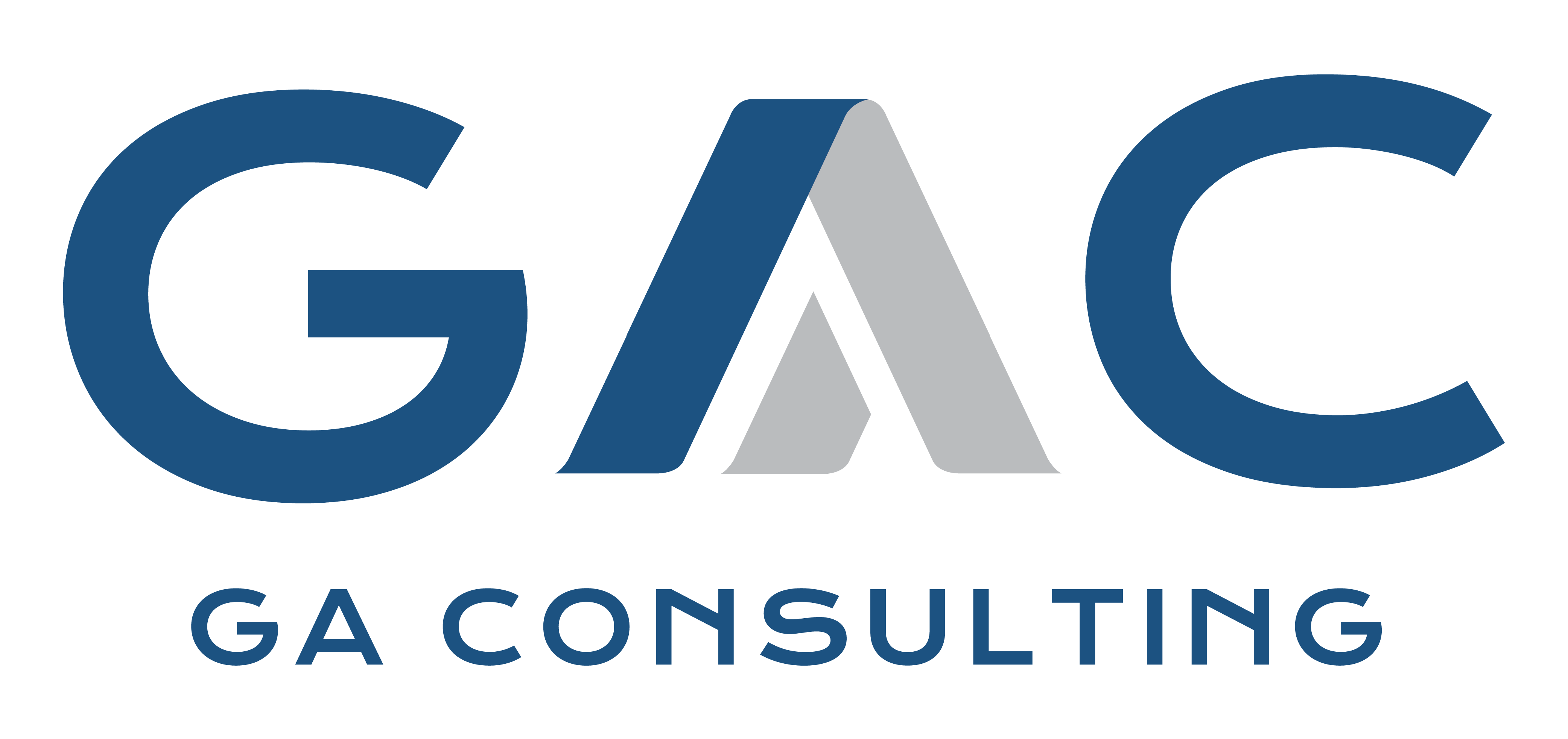As a freelancer in the Philippines, dealing with taxes can be confusing—especially if you’ve stopped operating a business but didn’t close it officially. One major concern is this: “I still have debt on BIR, business is not closed properly. Can I still register my 1701?”
This isn’t just a common question—it’s a critical issue. Ignoring it can lead to bigger penalties, legal complications, and missed opportunities for future tax compliance. Let’s break it down simply, so you can make smart decisions today.
What It Means to Have Debt on BIR and an Improperly Closed Business
When you stop your freelance business but don’t file official closure documents with the Bureau of Internal Revenue (BIR), your tax obligations don’t just disappear. You’re still registered as an active taxpayer.
If you also have unpaid dues—commonly called BIR open cases or tax liabilities—the BIR considers you non-compliant. That means interest, surcharges, and even garnishment notices may follow.
Why Freelancers Should Care About Filing BIR Form 1701
BIR Form 1701 is your Annual Income Tax Return. It’s essential for any self-employed individual or freelancer earning income.
Even if your business operations have stopped, you are still legally required to file your 1701 until your business is officially closed with the BIR. Failing to do this can:
- Increase your debt due to non-filing penalties
- Make you ineligible for future tax clearance
- Block your ability to start a new business or apply for a loan
Can You Still Register and File 1701?
Yes, you can still file your 1701 even if:
- You still have debt on BIR
- Your business is not officially closed
However, there are conditions:
- Your tax identification number (TIN) must still be active
- You must use the correct form and declare your actual income—even if it’s zero
- You may need to resolve or declare any existing tax liabilities
Important: Filing your 1701 won’t erase your debt, but it shows the BIR you’re trying to be compliant—which can reduce future penalties.
Who Should File and When?
If you’re a freelancer or sole proprietor and:
- You earned income in the past year (even minimal)
- You didn’t file business closure documents (Form 1905)
- Your TIN is still active
Then you must file BIR Form 1701 annually, even with unpaid taxes.
The deadline to file is April 15 of each year for income earned the previous year.
Tips for Filing 1701 with Existing BIR Debt and Open Business
Check Your TIN Status: Visit your BIR RDO or use online services to confirm if your TIN is still active.
Declare Honestly: Don’t inflate or hide income. If you didn’t earn, file a “zero-income return.”
Resolve Open Cases: You can file a request for an installment payment plan to settle your debt gradually.
Avoid More Penalties: Filing late adds to your liabilities. Submit your 1701 even if you can’t pay right away.
Hire a Tax Pro: If this feels overwhelming, work with a tax consultant to navigate it smoothly.

Follow Us & Make Tax Filing Easy!
Follow us on our socials (TikTok, YouTube, Facebook, and Instagram) and read our blogs for more tax tips designed for freelancers!
Download our Ultimate DIY BIR Tax Compliance Guide, try our Freelancer Income Tax Calculator, and schedule your Free Tax Consultation Call to take the next step toward confident, stress-free tax filing!

